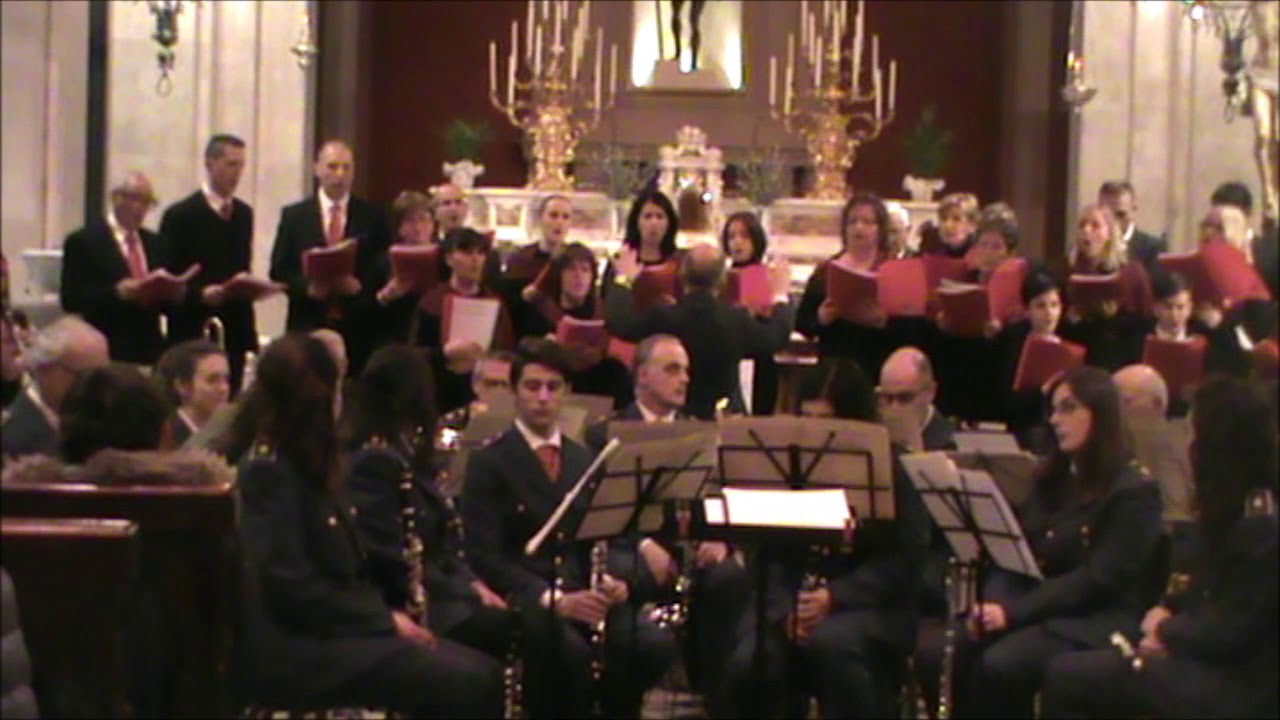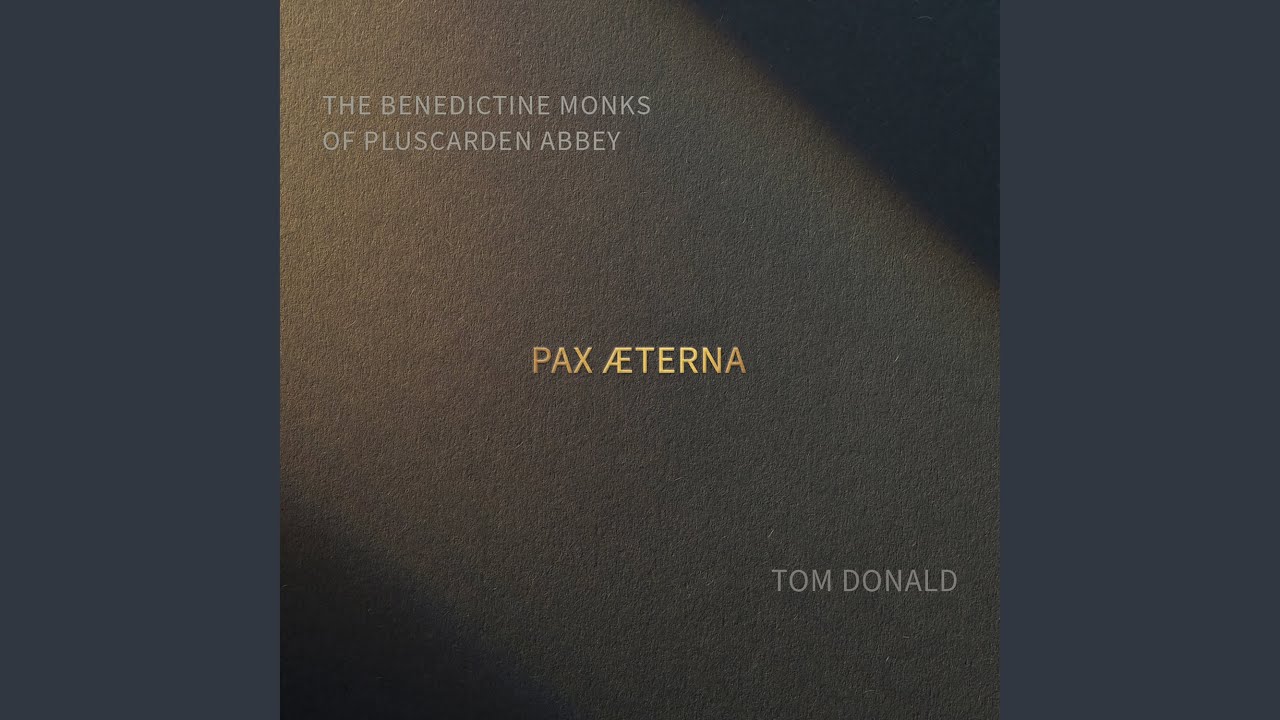Let's explore Misericordias Domini In Aeternum Cantabo in the context of Taizé. It might sound intimidating, but we'll break it down. We will go step-by-step, so you can easily understand.
What is Taizé?
Taizé is a small village in France. More importantly, it's the home of an ecumenical Christian monastic community. This means the brothers come from different Christian denominations. Think of it as a place where Catholics, Protestants, and others live and pray together. That’s pretty special!
The Taizé Community was founded by Brother Roger in 1940. During World War II, he sheltered refugees. His aim was to create a place of peace and reconciliation. Today, thousands of young people visit Taizé every year. They come to pray, sing, and reflect on their faith.
Taizé is known for its unique style of worship. It's simple, meditative, and focuses on repetitive chants. These chants are often short phrases in Latin or other languages. This helps create a peaceful and prayerful atmosphere.
Understanding "Misericordias Domini In Aeternum Cantabo"
Now, let's tackle the Latin phrase: Misericordias Domini In Aeternum Cantabo. Don't worry, it's not as scary as it looks! We can dissect each word.
Misericordias means "mercies" or "loving-kindness." It refers to God’s compassion and forgiveness. Imagine someone showing you great kindness when you've made a mistake. That’s a glimpse of God’s misericordia.
Domini means "of the Lord" or "of God." It connects the mercies to God. It clarifies that these mercies come from a divine source. So, we are talking about God's mercies.
In Aeternum means "forever" or "eternally." It signifies that the mercies of God are not temporary. They last for all time. It’s like saying God's love is always there, no matter what.
Cantabo means "I will sing." It's an active declaration. It expresses a desire to praise God. It conveys that you want to sing about God's mercies.
Therefore, Misericordias Domini In Aeternum Cantabo translates to "I will sing of the mercies of the Lord forever." It is a powerful statement of faith. It expresses gratitude for God's unending compassion.
The Significance in Taizé
In Taizé, chants like Misericordias Domini In Aeternum Cantabo are sung repeatedly. This repetition helps to create a meditative and prayerful atmosphere. The words sink deep into your heart and mind.
Think of it like listening to a calming song on repeat when you're stressed. The repetition soothes you. The same principle applies to Taizé chants. The repetition of "I will sing of the mercies of the Lord forever" helps you to focus on God’s love. It brings a sense of peace.
The simplicity of the chants also allows people from different backgrounds and languages to participate. You don't need to be a skilled singer or fluent in Latin. The simple melody and repetitive lyrics make it easy for everyone to join in. This fosters a sense of unity and community.
When you sing Misericordias Domini In Aeternum Cantabo in Taizé, you are joining a chorus of voices from all over the world. People from different cultures and denominations are united in their praise of God. This shared experience can be very powerful and moving.
The chant serves as a constant reminder of God’s unwavering love and forgiveness. Even when facing difficulties or doubts, the phrase "I will sing of the mercies of the Lord forever" offers hope. It provides reassurance. It reminds you that you are not alone.
Connecting to Everyday Life
You might be wondering how a Latin chant sung in a French village connects to your everyday life. The message of Misericordias Domini In Aeternum Cantabo is relevant to everyone. It offers comfort, hope, and inspiration.
When you're feeling down or overwhelmed, remember God’s mercies. Think of times when you've experienced kindness, forgiveness, or support. These moments are reflections of God’s love. Holding onto these memories can bring you strength.
Even if you're not religious, the concept of gratitude is universally valuable. Reflect on the good things in your life. Express your appreciation to others. These acts of gratitude can improve your well-being. They can strengthen your relationships.
You don't have to sing in Latin to express your gratitude to God. You can pray in your own words. You can write in a journal. You can simply take a moment to appreciate the beauty around you. The important thing is to cultivate a sense of thankfulness.
The spirit of Taizé – peace, reconciliation, and community – can be applied in your own life. Strive to be a peacemaker in your relationships. Seek to understand those who are different from you. Contribute to your community in meaningful ways.
Reflecting on the Meaning
Misericordias Domini In Aeternum Cantabo is more than just a song. It's a prayer. It is a declaration of faith. It is a reminder of God’s unending love. It also serves as a commitment to gratitude. By understanding its meaning, you can connect with the spirit of Taizé. You will also connect with something larger than yourself. You can apply its message to your daily life.
So, the next time you hear Misericordias Domini In Aeternum Cantabo, remember its simple yet powerful message. Sing along, even if you don't know the Latin perfectly. Let the words sink deep into your heart. Embrace the peace and hope that it offers.

